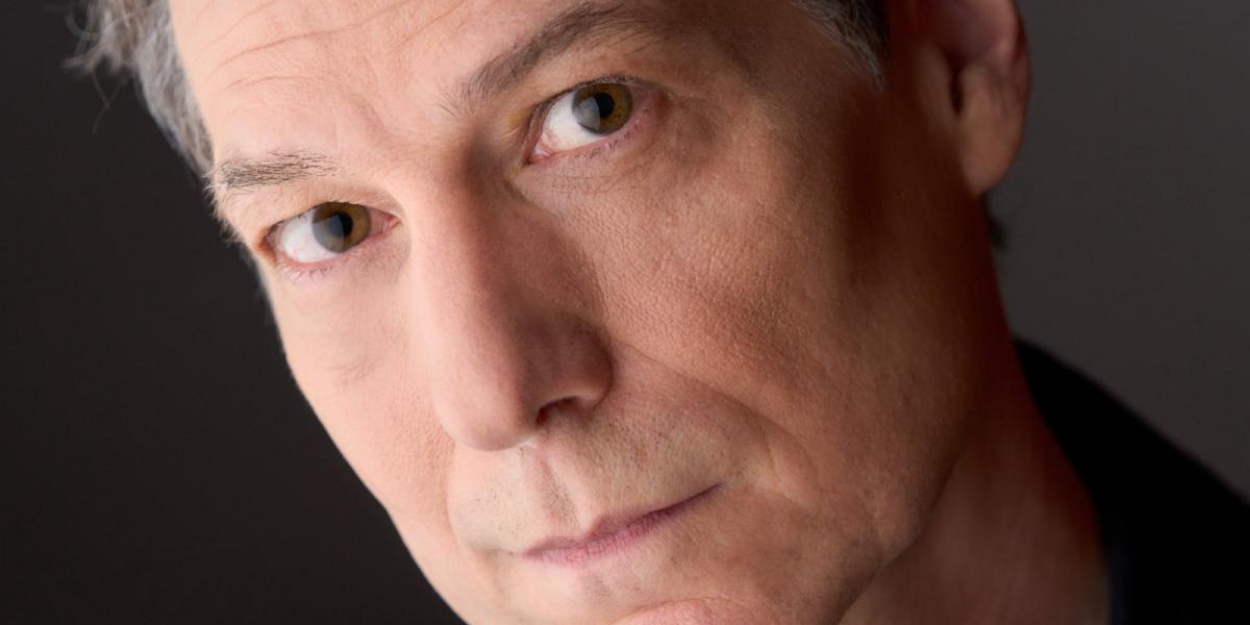Steve Dawson Will Release Sixth Solo Album This Summer
'Ghosts' is being released June 7 on venerable Chicago label Pravda Records on CD, 12” LP vinyl, digital download and on streaming platforms.

Ghosts is the sixth solo album from Chicago-based musician and songwriter Steve Dawson. It's being released June 7 on venerable Chicago label Pravda Records on CD, 12” LP vinyl, digital download and on streaming platforms.
Hope, a poet wrote, is a thing with feathers, perched in the soul and singing a tune without words. In the hard-won and hopeful songs of Steve Dawson, the words are very much present – supple, wise, spilling out hard truths – and the tunes are crystalline – often they offer the clearest glimpse of hope after all.
On the new album, Steve, well-known for the impassioned alternative country of the band Dolly Varden, crafts ten songs that find reasons to believe – in music, in human connections, in desert vistas – even as the ghosts move all around him, all around us. But those ghosts, those presences of the past, are part of why we hope. “Loss by loss, year by year,” Dawson reflects on the aching acoustic song “Sooner Than Expected.” Still he tries to keep up, tries to keep pace with time. He knows hope doesn't come easy and knows the ghosts can't be wished away.
“I'm very aware the opening song says, ‘The past is gone,' and then the rest of the album digs through the past,” Dawson says. “It was a conscious decision that reflects how it works for me (and others, I assume) where you decide to move on but ghosts from the past keep showing up.”
That they do. Largely written between 2017 and 2023, these ten songs combine intimate confessions and tightly constructed narratives. Their ghosts are often personal, but they intersect enigmatically with a broken world. “‘Is this really happening?'” he asks on “Walking Cane.” But there's no clear answer to the violent changes. “Have we learned nothing? Here we go again.” On the rough-edged country rocker “Leadville,” Dawson draws on his teen years in small town Idaho to catalog the crimes of racism and toxic masculinity in a devastated American landscape (two stoplights, six churches, and a jail). It's among his fiercest songs, with zero punches pulled.
But sometimes those ghosts leave gifts – of wisdom, of wonder – and sometimes living with them is also a kind of hope. “I am glad to be alive,” Dawson sings with his partner Diane Christiansen, if only “to feel the ache in my side / the motion of the tide.”
Across all ten songs, Dawson's voice, with his soulful, golden burr, communicates with searing emotion and resilience. That visceral and instantly recognizable tone finds an ideal complement in an ensemble of principally Chicago-based musicians and close friends.
“My last album was pretty much all me,” Dawson says. “It was recorded and mixed mostly during the pandemic – I played all the instruments and sang all the parts (except for Diane on one and my friend Alton [Smith] playing keys on one song). So for this album I wanted to NOT do that. I wanted to play a ‘dream band' of amazing Chicago musicians I've worked with over the last 15 years or so.”
Those longtime relationships, of musicians who are a band in everything but name, suffuse these songs, some of the finest Dawson has ever written, with harmonies, rhythms, and textures that make them come alive and imbue them with hope. The rhythm section of drummer Gerald Dowd (in Dawson's words “the hardest working man in Chicago; a brilliant musician”) and bassist John Abbey (who recorded both albums by Funeral Bonsai Wedding, Dawson's jazz-folk fusion project) provide a supple connective tissue between the ten tracks. When many “singer/songwriter” albums stall rhythmically these songs pull the listener forward into the light.
For vocal harmonies, Dawson enlisted close friends Nora O'Connor (vaunted Chicago singer who tours with the likes of Neko Case and Andrew Bird) and Ingrid Graudins (who appears on the album's final song, “Weather in the Desert”; Graudins passed away unexpectedly shortly after that recording) and, of course, Diane Christiansen, his wife and artistic confidante of 35 years.
The ensemble also includes Alton Smith on piano (his extended solo that closes “When I Finally Let You Down” is the album's most sublime moment) and Chris Greene on saxophone (who Dawson worked with in a classic soul band called the Soul Avengers) and trumpeter John Moore. The two are responsible for the elegant horn chart on the regret-soaked ballad “It Was A Mistake.”
And finally, veteran Chicago musician Brian Wilkie contributes the pedal steel that surges through so many songs. That moaning instrument creates harrowing and hopeful textures, especially when intertwined with the electric guitars and organ (overdubbed by Dawson) on tracks like “Walking Cane” and “Oh California.” All the instruments harmonize like new voices; all serve the songs. All sound fresh, in the moment, alive.
“Many of my favorite albums were recorded live in the studio,” Dawson says. “I was reading about Neil Young making Zuma and Tonight's The Night, all the 1970s Dylan records, the Band's second record. The arrangements on this new album were created on the spot, and rather than a collection of overdubs, the album is a performance.”
Comments
Videos

